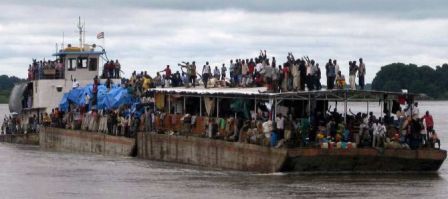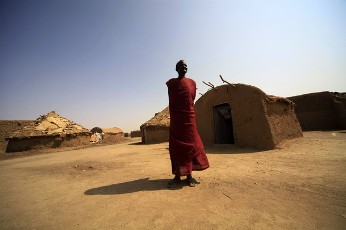Rate of returns to South Sudan continues to increase
August 21, 2011 (KHARTOUM) – A month and a half after South Sudan gained independence the rate of returns to the nascent country, from its new neighbour Sudan, continue to increase.

South Sudan has offered citizenship to northern Sudanese who wish to remain in the new state but the status of South Sudanese remaining in the North is far from clear with many senior government officials indicating they would not be welcome after July 9, when the South seceded.
All state employees from South Sudan have been relieved of their positions, with exceptions made in some cases.
Many Southern Sudanese returned to the region last year in order to take part in the January referendum that secured the region’s separation with an overwhelming 98 percent vote for independence.
The comprehensive result of the vote has been used by some northern officials to argue that Southern Sudanese should return to the South as they have rejected living in a united country.

Citizenship issues were one of the major points of post-independence discussions between the two country’s. Khartoum announced that it would revoke citizenship for all southern Sudanese.
The possibility of stricter Islamic laws being introduced as part of Sudan’s new constitution also concerns South Sudanese who remain in the North most of whom are Christian or practice traditional African beliefs.
The bulk of new arrivals, according to the UN, have entered South Sudan through the Upper Nile corridor, which is the northern most tip of South Sudan. The UN says that: “Humanitarian actors remain concerned about the capacity for onward transport, which is currently insufficient to deal with the rate of new arrivals” in the town of Renk on the White Nile.
UN agencies and other humanitarian actors are attempting to provide for the needs of the returnees.
(ST)
